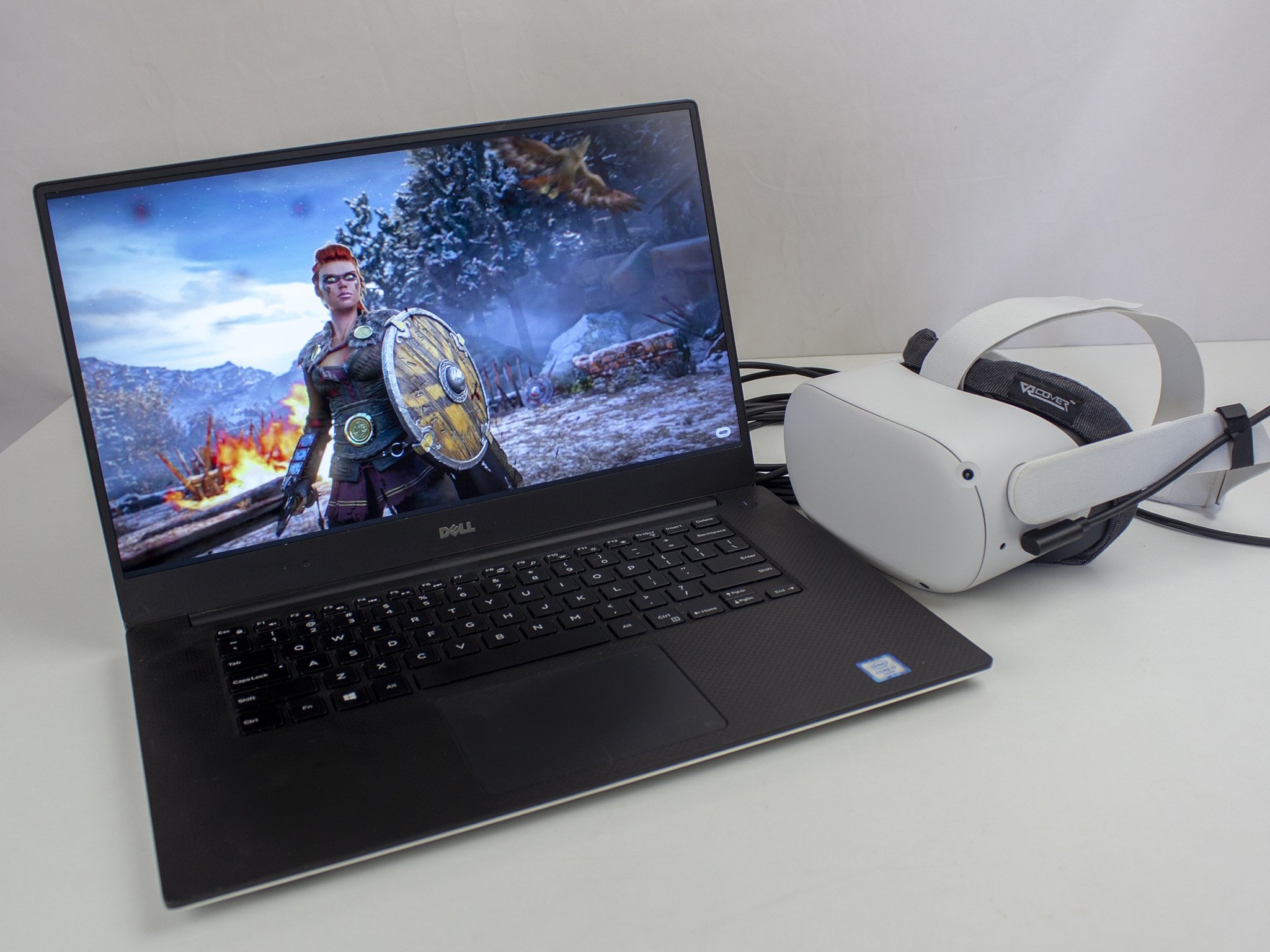Best Oculus Quest 2 Link cable alternatives 2022

The Oculus/Meta Quest 2 is one of the best VR headsets on the market today thanks to its ability to operate on its own or connected to a PC. In the latter scenario, the Quest and Quest 2 can connect to a PC either wirelessly with Air Link or with a physical Link cable. This essentially turns the headset into an Oculus Rift, giving you access to PC VR games. While the wireless connection is a convenient option, not all Wi-Fi networks and PC modems can handle the high bandwidth requirements to stream VR games. That's where the Link cable comes in. The official Oculus version is stupid expensive, but luckily there are plenty of Link cable alternatives that should work just as well.
Choosing the right Oculus Link cable
There are a ton of knock-off cables for the Quest and Quest 2 out there; if you'd like to avoid any potential issues, shell out the extra bucks and go with the official cable available from Oculus. However, there are thousands of people using alternative cables to great effect, and we've rounded up some of the best options right here. You want something with USB-C to connect to the Quest, preferably with a 90-degree end for better ergonomics. If you have a standard USB-C cable, you can always grab some angled adapters. Not all USB-C cables will work due to the bandwidth requirements, and you want to stick with at least USB 3.0 or higher. Either the Anker or JSAUX cables we recommended above should work fine based on whether your PC has a USB-C port to work with.
The length you choose depends on whether you want to enjoy roomscale VR. A 10-foot cable is the minimum for a more stationary experience, while 16 feet or more is best if you're up and moving around. The CableCreation extender cable can help if you need more length.
Be sure to check out our collection of the best PCs for Oculus Quest 2 and Oculus Link to ensure your computer can handle running VR games.
All the latest news, reviews, and guides for Windows and Xbox diehards.

Cale Hunt brings to Windows Central more than nine years of experience writing about laptops, PCs, accessories, games, and beyond. If it runs Windows or in some way complements the hardware, there’s a good chance he knows about it, has written about it, or is already busy testing it.
